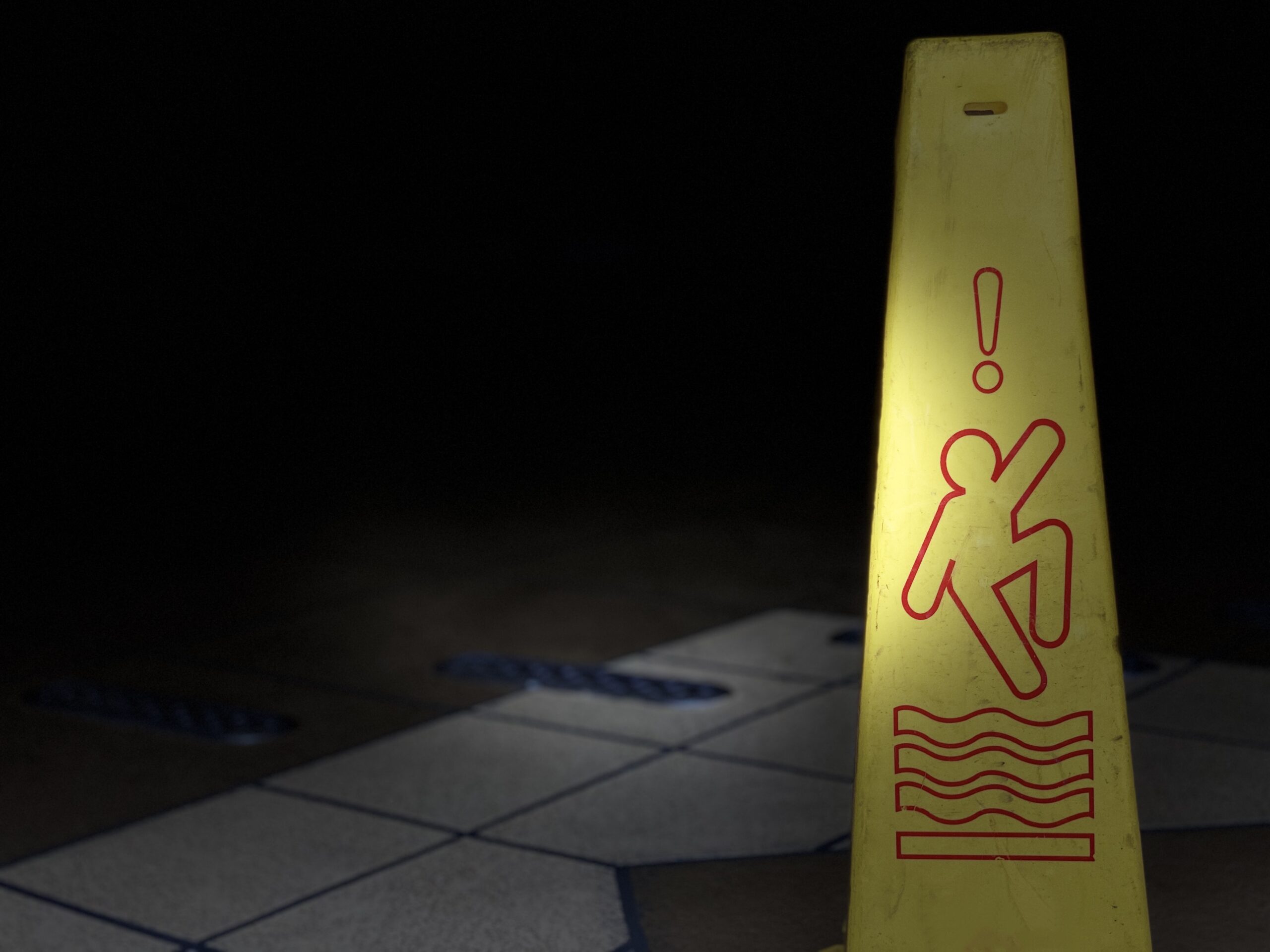Author:
Negligence in Personal Injury Cases
If you have been the victim of someone else’s negligence, they may be financially responsible for your injuries and losses. Negligence can be described as the failure to apply the level of care toward others that a typical person would use in similar circumstances. Our legal system requires proof of four distinct elements of negligence for a plaintiff to recover monetary damages. The plaintiff, or injured party, must first prove that the defendant owed a legal duty of care. Next, the plaintiff must show that the defendant breached the duty of care. The final two elements are causation and damages.
Duty of Care in a Negligence Lawsuit
The person who was injured must establish that the defendant owed them a duty of care. The legal phrase “duty of care” means that a person has an obligation to act with reasonable caution to not cause injury to you. This is evaluated by looking at what a reasonable person would do in a similar situation. For example, a driver has a duty of care not to drive while under the influence of alcohol because a reasonable person knows they are likely to cause an accident if they are impaired while driving. An experienced personal injury lawyer can evaluate your specific situation to determine if your case meets this requirement.
Breach of Duty in a Negligence Lawsuit
The burden is now on the plaintiff to show that the defendant breached the duty of care. The breach will have occurred when the defendant acted or failed to act reasonably while carrying out the duty of care. Reasonable care is exercising the degree of caution that an ordinary person would use in a similar situation. For example, if a driver is speeding in heavy traffic in icy conditions and causes an accident, they have breached the duty to operate their vehicle with sufficient care. This is because a reasonable person would take measures to drive cautiously, such as reducing their speed.
Causation
Causation has a specific legal meaning within a lawsuit for negligence. The direct connection between the defendant’s careless actions and the injury or damage to the plaintiff is called causation. The person who breached the duty of care must have directly caused the foreseeable injury or accident. Causation is not always easily established and may require expert testimony to be proved in court.
Harm or Damages
The plaintiff must suffer legally recognizable harm or injury due to the defendant’s breach of duty. The injury can be to the person or personal or real property. The damages can be monetary losses as well as pain and suffering. You must present evidence to prove your losses. There are many types of evidence of harm, including but certainly not limited to medical records and bills, repair invoices, pay stubs to prove lost wages, and expert testimony about how your injuries will affect you financially in the future. Every element of a negligence lawsuit is necessary and important. Proving your damages directly affects how much money you may be awarded for your claim and is most adeptly handled by an experienced personal injury attorney.

If you have questions about your case, please contact us at [email protected] or (253) 236-4079.




